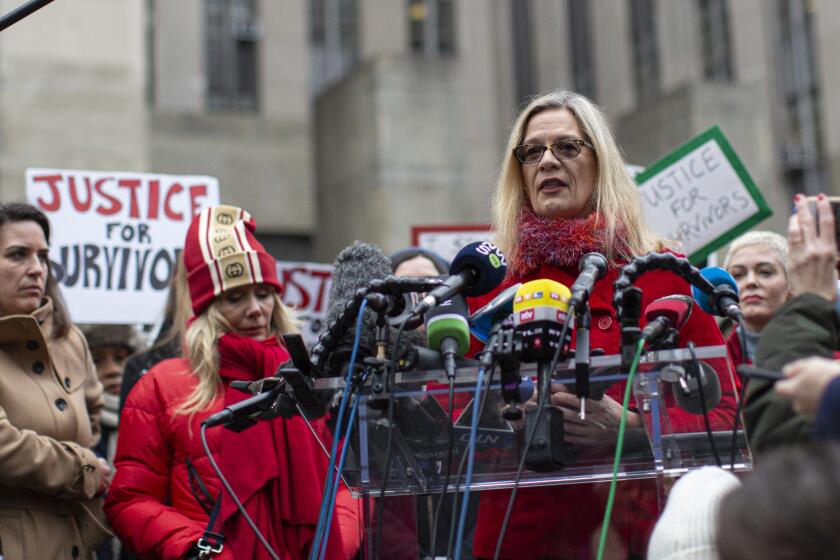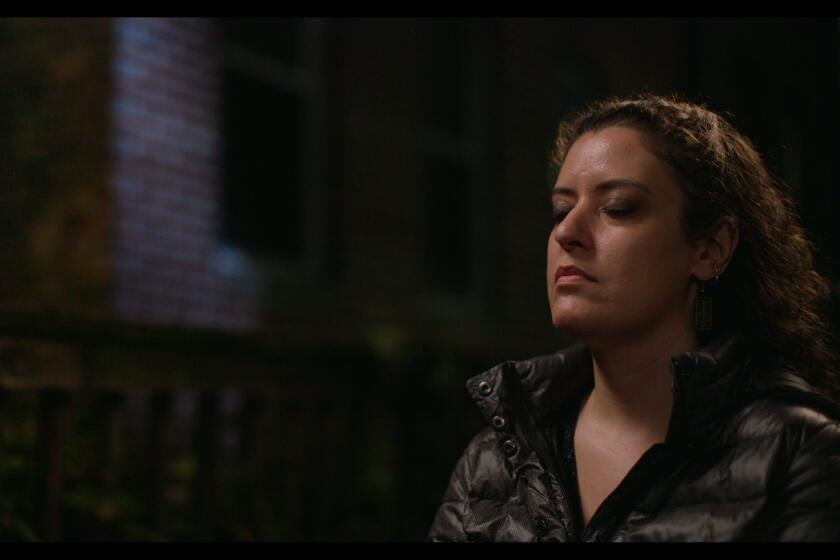Jerry Lewis accused of sexual misconduct by women who starred with him in the ’60s
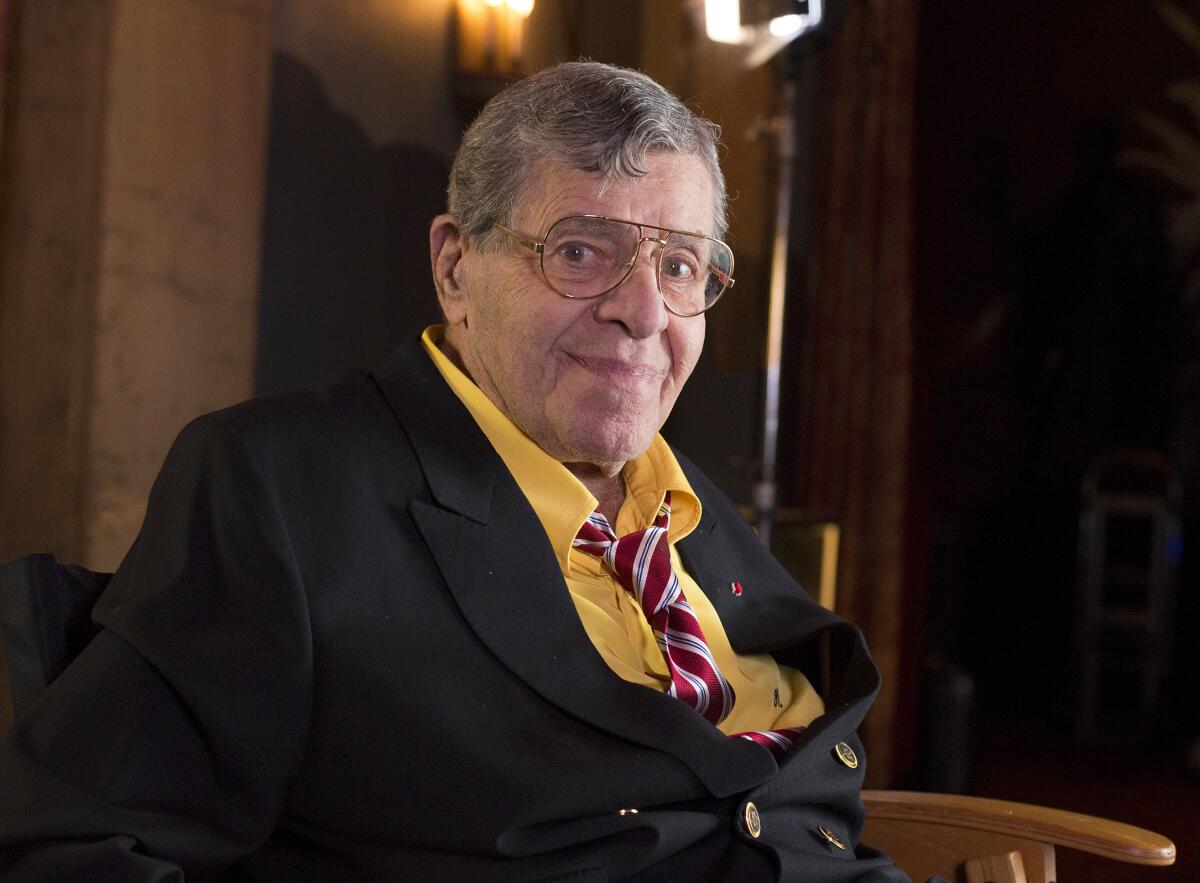
With no settlements to be had, no apologies to be heard, a number of women who were up-and-coming in Hollywood in the 1960s are speaking out against a powerful performer they say sexually harassed them in his prime: the late actor Jerry Lewis.
Karen Sharpe, Renée Taylor and Hope Holiday all crossed paths with Lewis when the comic was in his 30s and the biggest star at Paramount Pictures. All three women are now telling their stories about how Lewis allegedly mistreated them.
Lewis died of natural causes in 2017, at age 91.
“He had complete autonomy over his movies,” critic Leonard Maltin told the Los Angeles Times in Lewis’ obituary. “He was such a big box office star that Paramount gave him carte blanche and he delivered the goods for them.”
For decades, Jerry Lewis’ star had been as bright as any comedic force in America.
Lewis apparently applied that carte blanche to women who costarred with him, according to a new investigation Vanity Fair published Wednesday.
Sharpe, now 87, said Lewis grabbed her, fondled her and unzipped his pants after ostensibly checking out how she looked in her costumes for “The Disorderly Orderly.” She said she refused to sleep with him and even offered to quit the film to avoid any awkwardness.
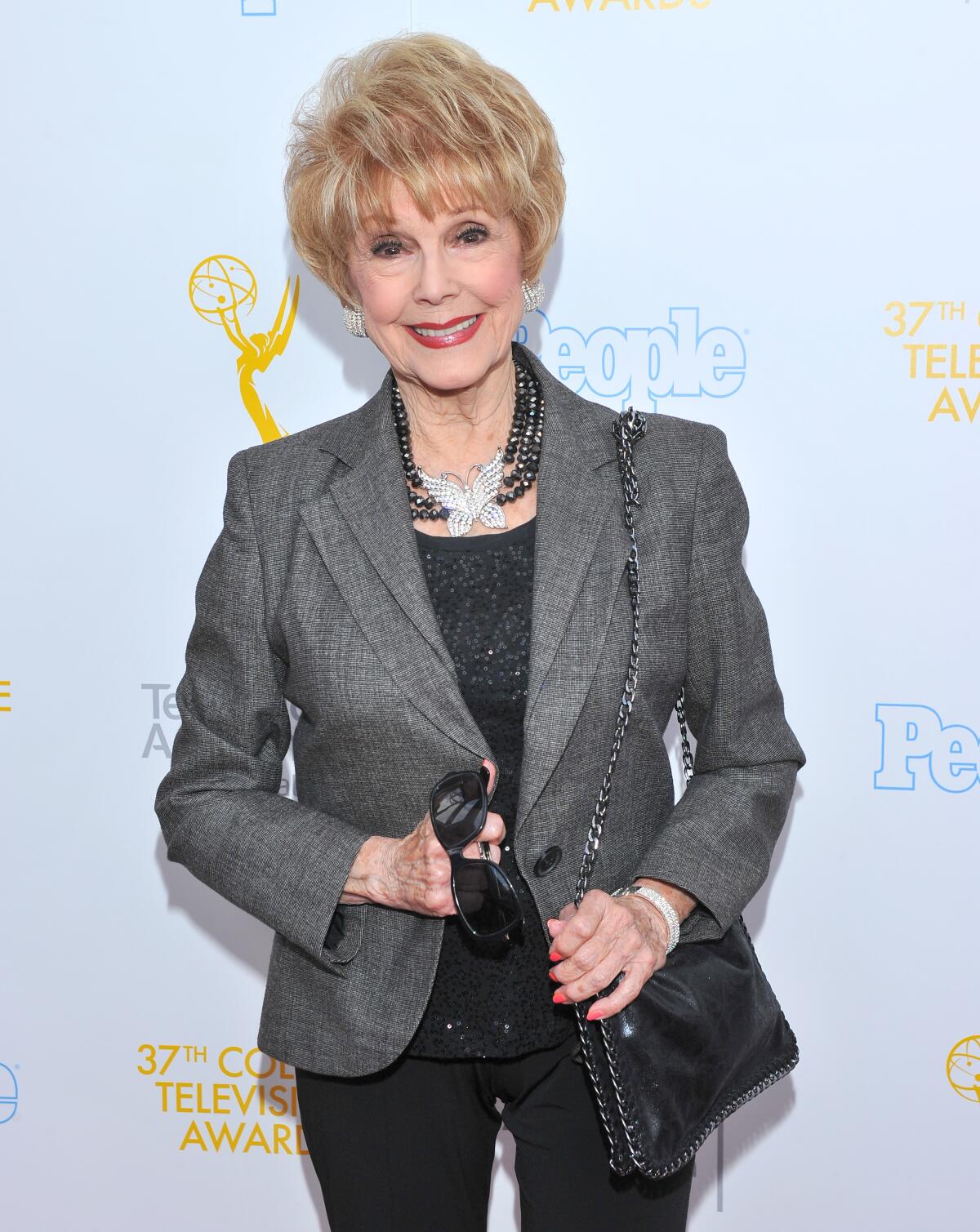
When she got to the set days later, Sharpe says, she got the silent treatment — from everyone. She was told by a crew member that they had all been threatened with fines if they so much as spoke to her. Throughout filming, Lewis didn’t interact with her unless the cameras were rolling, she said.
On the final day of filming, she said, she bumped into Lewis and thanked him for the opportunity. Lewis tried to explain his cruelty by saying, “You see, I’m sick.” Sharpe said she called BS on that and told the star that theirs had been “the most unprofessional leading man/leading lady relationship I’ve ever had” in her years as an actor.
For years, observers have wondered what would seal the disgraced filmmaker’s fate. Kirby Dick and Amy Ziering’s four-part docuseries could be it.
Holiday, who knew Lewis through her family, was cast in 1961’s “The Ladies Man.” She told VF about being called into a “garish” dressing room where Lewis pressed a button to lock her in with him once she sat down. He started to talk to her about her looks and her body. “Then he starts to talk to me about sex,” she said.
After some dirty talk, Lewis opened his pants, “the ugly thing came out” and he started to masturbate, Holiday said. “I was frightened…. I just sat there and I wanted to leave so badly.” The next day she had to slap him as part of the movie they were working on. She slapped him hard, and he told her she had done that on purpose. After halting production briefly, she said, he never spoke to her again.
Holiday said she kept her mouth shut about it, fearing further recrimination because Lewis was “very big” at Paramount. “I didn’t want to shake the boat,” she said.
The allegations against Harvey Weinstein are now set to culminate in a trial that is undoubtedly a landmark case for women’s rights. But despite the potential for a life sentence, advocates contend that the trial is just one milestone in a long crusade for systemic, lasting change.
Taylor actually ran into Lewis’ womanizing reputation before the comic could pull his moves on her. She had met Lewis after performing her comedy on a talk show, and he gave her a role in “The Errand Boy.” It was her second movie, per IMDb, and the first where her character had a name.
But when she talked to executives, Taylor said, they thought she was “one of Jerry’s girls” and didn’t believe her story about him seeing her perform on TV. They joked in front of her about Lewis’ sexual prowess. “They thought it was very funny and were boasting,” Taylor told the magazine. “I thought it was so gross.”
The 88-year-old Oscar nominee said it was a good thing that the execs had a laugh about Lewis’ behavior, because it gave her “a warning to be on my guard.”
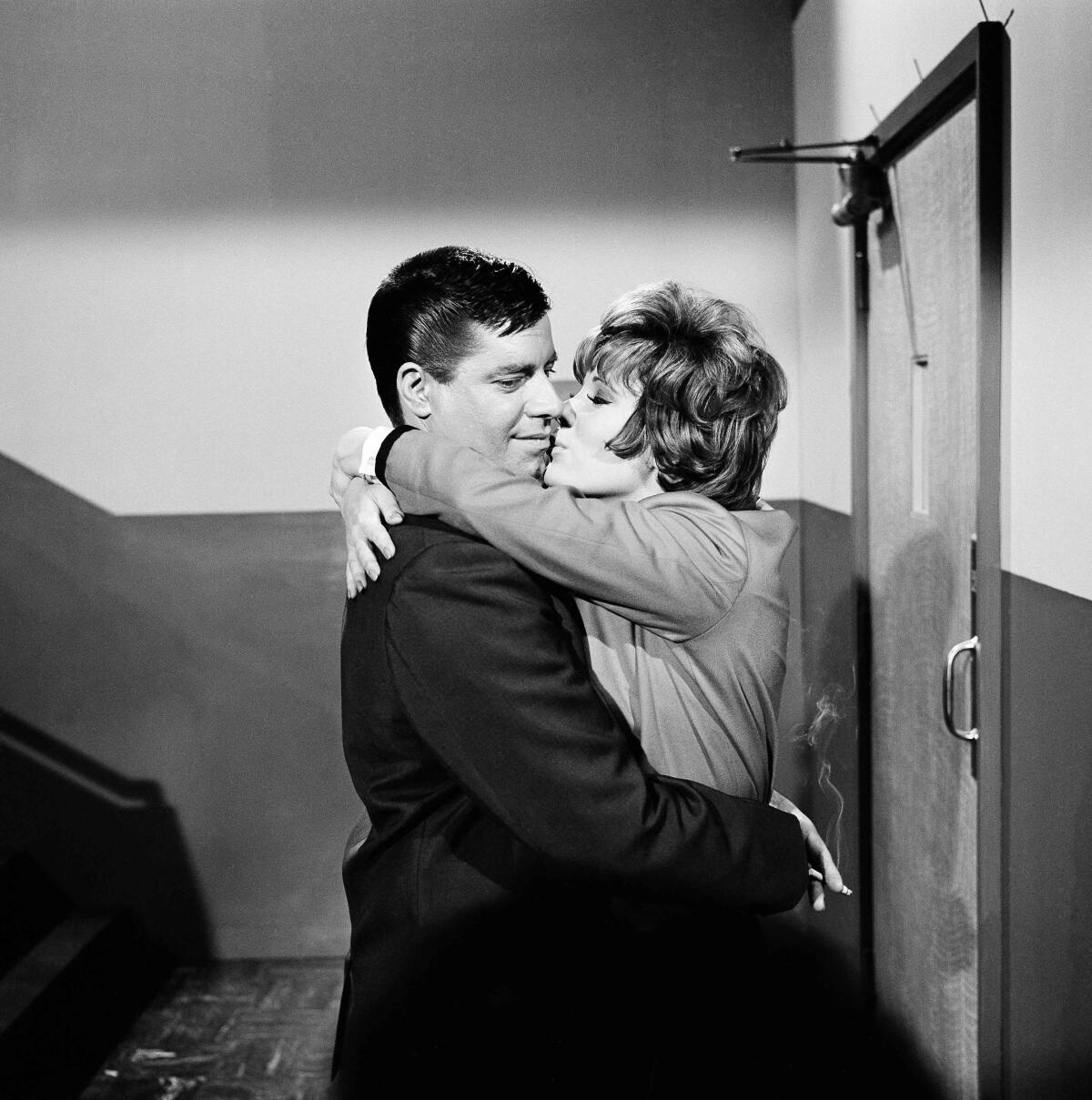
Fellow actors Connie Stevens and Lainie Kazan, who were also interviewed by Vanity Fair, didn’t have those kinds of experiences but said they had seen glimpses of a darker side of Lewis while performing in movies with him. Tony winner Anna Maria Alberghetti said he was constantly coming on to her, albeit without success. And Jill St. John told Vanity Fair in a written statement that she was thrilled to be cast opposite Lewis in “Who’s Minding the Store?” Then she added the “but.”
“Like many, I considered him a comedy genius. Still do,” St. John wrote. “Unfortunately, one should not confuse the artist with the man. Making the film was an extremely unhappy and disappointing experience. Rather than detail my previous bitterness about filming with someone no longer on this planet, and who cannot rebut, I prefer to say that a good time was not had by all.”
A short film about the allegations against Lewis, by the directors of “Allen v. Farrow,” appears with the story “Jerry Lewis’s Costars Speak Out: ‘He Grabbed Me. He Began to Fondle Me. I Was Dumbstruck’” at VF.com.
More to Read
Only good movies
Get the Indie Focus newsletter, Mark Olsen's weekly guide to the world of cinema.
You may occasionally receive promotional content from the Los Angeles Times.
